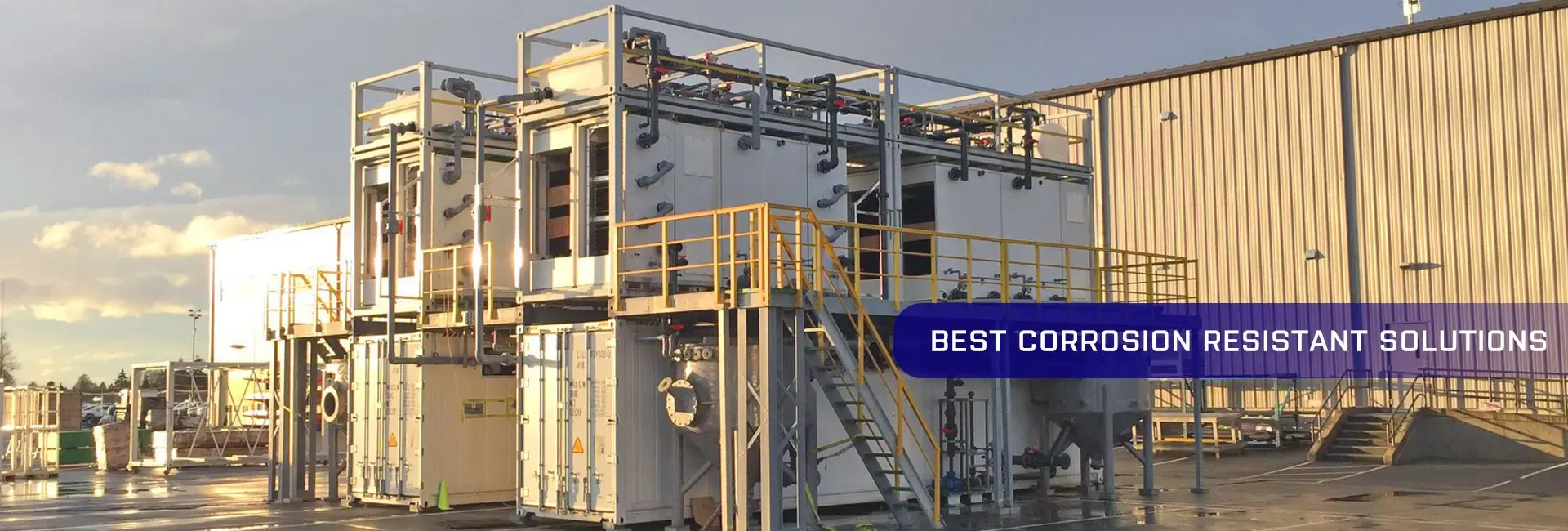
-
 Afrikaans
Afrikaans -
 Albanian
Albanian -
 Amharic
Amharic -
 Arabic
Arabic -
 Armenian
Armenian -
 Azerbaijani
Azerbaijani -
 Basque
Basque -
 Belarusian
Belarusian -
 Bengali
Bengali -
 Bosnian
Bosnian -
 Bulgarian
Bulgarian -
 Catalan
Catalan -
 Cebuano
Cebuano -
 China
China -
 China (Taiwan)
China (Taiwan) -
 Corsican
Corsican -
 Croatian
Croatian -
 Czech
Czech -
 Danish
Danish -
 Dutch
Dutch -
 English
English -
 Esperanto
Esperanto -
 Estonian
Estonian -
 Finnish
Finnish -
 French
French -
 Frisian
Frisian -
 Galician
Galician -
 Georgian
Georgian -
 German
German -
 Greek
Greek -
 Gujarati
Gujarati -
 Haitian Creole
Haitian Creole -
 hausa
hausa -
 hawaiian
hawaiian -
 Hebrew
Hebrew -
 Hindi
Hindi -
 Miao
Miao -
 Hungarian
Hungarian -
 Icelandic
Icelandic -
 igbo
igbo -
 Indonesian
Indonesian -
 irish
irish -
 Italian
Italian -
 Japanese
Japanese -
 Javanese
Javanese -
 Kannada
Kannada -
 kazakh
kazakh -
 Khmer
Khmer -
 Rwandese
Rwandese -
 Korean
Korean -
 Kurdish
Kurdish -
 Kyrgyz
Kyrgyz -
 Lao
Lao -
 Latin
Latin -
 Latvian
Latvian -
 Lithuanian
Lithuanian -
 Luxembourgish
Luxembourgish -
 Macedonian
Macedonian -
 Malgashi
Malgashi -
 Malay
Malay -
 Malayalam
Malayalam -
 Maltese
Maltese -
 Maori
Maori -
 Marathi
Marathi -
 Mongolian
Mongolian -
 Myanmar
Myanmar -
 Nepali
Nepali -
 Norwegian
Norwegian -
 Norwegian
Norwegian -
 Occitan
Occitan -
 Pashto
Pashto -
 Persian
Persian -
 Polish
Polish -
 Portuguese
Portuguese -
 Punjabi
Punjabi -
 Romanian
Romanian -
 Russian
Russian -
 Samoan
Samoan -
 Scottish Gaelic
Scottish Gaelic -
 Serbian
Serbian -
 Sesotho
Sesotho -
 Shona
Shona -
 Sindhi
Sindhi -
 Sinhala
Sinhala -
 Slovak
Slovak -
 Slovenian
Slovenian -
 Somali
Somali -
 Spanish
Spanish -
 Sundanese
Sundanese -
 Swahili
Swahili -
 Swedish
Swedish -
 Tagalog
Tagalog -
 Tajik
Tajik -
 Tamil
Tamil -
 Tatar
Tatar -
 Telugu
Telugu -
 Thai
Thai -
 Turkish
Turkish -
 Turkmen
Turkmen -
 Ukrainian
Ukrainian -
 Urdu
Urdu -
 Uighur
Uighur -
 Uzbek
Uzbek -
 Vietnamese
Vietnamese -
 Welsh
Welsh -
 Bantu
Bantu -
 Yiddish
Yiddish -
 Yoruba
Yoruba -
 Zulu
Zulu
fiberglass ducts demonstrate exceptional resistance against ...
The Exceptional Resistance of Fiberglass Ducts
In recent years, the demand for efficient and durable duct systems in residential, commercial, and industrial settings has surged. Among the various materials available, fiberglass ducts have emerged as a preferred choice due to their exceptional resistance against a multitude of challenging conditions. This article explores the unique properties of fiberglass ducts, highlighting their advantages and applications in various environments.
Understanding Fiberglass Ducts
Fiberglass ducts are constructed from glass fibers woven into a resin matrix, creating a lightweight and robust material. This construction provides significant benefits, such as resistance to moisture, corrosion, and temperature fluctuations. As a result, fiberglass ducts are suitable for diverse applications, including heating, ventilation, and air conditioning (HVAC) systems.
Moisture Resistance
One of the most significant factors impacting duct systems is moisture. Traditional duct materials, like metal or even certain plastic systems, are prone to rust or degradation when exposed to moisture, leading to costly repairs and diminished performance. However, fiberglass ducts are inherently resistant to water damage. The glass fibers repel moisture, preventing mold and bacteria growth, which is essential for maintaining air quality in indoor environments. In settings such as bathrooms and swimming pools, where humidity levels can be high, fiberglass ducts provide a reliable solution that can withstand these conditions.
Corrosion Resistance
Fiberglass also boasts excellent corrosion resistance, making it an ideal choice for industries where corrosive elements are present. In chemical processing plants, for instance, fiberglass ducts can handle the harsh environments created by various chemicals without degrading. Traditional metal ducts, on the other hand, would face severe deterioration over time, compromising not only their structural integrity but also the safety of the operational environment. The longevity of fiberglass ducts translates into lower maintenance costs and reduced downtime for repairs or replacement.
fiberglass ducts demonstrate exceptional resistance against ...

Thermal Insulation Properties
Another notable advantage of fiberglass ducts is their thermal insulation properties. Fiberglass inherently resists heat flow, which can help maintain the temperature of the air being transported. This characteristic is particularly beneficial in HVAC systems, where energy efficiency is a priority. By reducing heat loss or gain, fiberglass ducts allow for better temperature regulation in buildings. Consequently, this helps to decrease energy consumption and costs, making them an attractive option for eco-conscious consumers and businesses alike.
Lightweight and Flexible
The lightweight nature of fiberglass ducts stands out when considering installation and structural considerations. Because they are significantly lighter than metal counterparts, fiberglass ducts are easier to handle and install, reducing labor costs and installation time. Additionally, their flexibility allows for custom shapes and sizes, enabling them to fit into complex configurations without sacrificing performance.
Applications in Various Industries
The applications of fiberglass ducts are vast and diverse. In the medical field, for example, hospitals benefit from the non-porous nature of fiberglass, which reduces the likelihood of pathogen propagation in ventilation systems. In food processing, they ensure compliance with health standards, preventing contamination from traditional duct materials. Industries such as pulp and paper, pharmaceuticals, and even aerospace have embraced fiberglass ducts for their resilience and high performance.
Conclusion
As industries evolve and the demand for more efficient and durable duct systems increases, fiberglass ducts stand out as a premier choice. Their exceptional resistance to moisture, corrosion, and temperature fluctuations, combined with lightweight and flexible construction, position them as a leader in the ductwork market. Whether for residential HVAC systems or demanding industrial environments, fiberglass ducts provide reliable solutions that enhance performance, safety, and longevity. As awareness of their advantages continues to grow, it is likely that fiberglass ducts will become an even more integral part of our infrastructure, further solidifying their role in modern construction and manufacturing.









